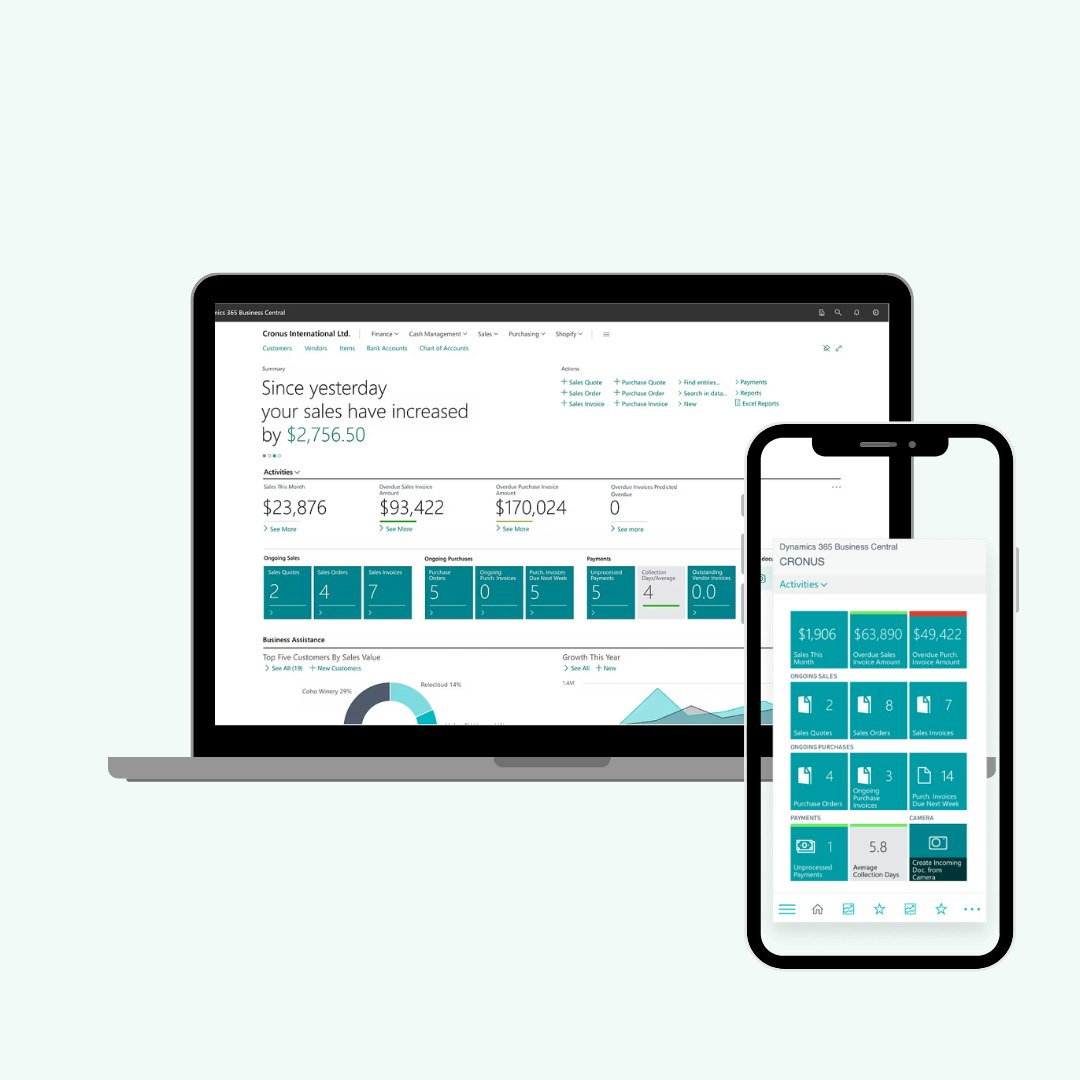The healthcare industry generates vast amounts of data daily—from patient records and treatment histories to operational metrics and financial reports. However, without an efficient system to analyse and visualise this data, healthcare providers can struggle to make informed decisions that enhance patient care and streamline operations.
This is where Microsoft Power BI can help. As a powerful business intelligence tool, Power BI enables healthcare professionals to turn raw data into meaningful insights, driving improved patient outcomes, cost savings, and compliance with stringent healthcare regulations.
This whitepaper explores the key benefits of Power BI for healthcare, highlighting how it can empower organisations to leverage data-driven strategies.
1. Enhanced Patient Care Through Data-Driven Insights
Why It Matters
Patient care should be personalised, efficient, and based on accurate data. However, healthcare providers can often struggle with fragmented patient information, making it difficult to deliver optimal care.
How Power BI Helps
- Comprehensive Patient Dashboards: Can consolidate patient history, test results, and treatment plans into a single interface.
- Predictive Analytics for Early Diagnosis: Can identify patterns in patient data to detect diseases earlier.
- Real-Time Monitoring: Can integrate with wearable devices and IoT healthcare solutions for continuous patient tracking.
Hypothetical Real-World Example
A hospital using Power BI to analyse patient readmission rates can identify high-risk individuals and implement targeted intervention strategies, potentially reducing readmissions.
2. Operational Efficiency and Cost Reduction
Why It Matters
Healthcare institutions operate on tight budgets while managing complex logistics, staff scheduling, and resource allocation. Without a data-driven approach, inefficiencies can lead to higher costs and wasted resources.
How Power BI Helps
- Optimises Staff Scheduling: Can use AI-driven insights to predict peak patient times and allocate staff efficiently.
- Reduces Supply Chain Waste: Can track medical inventory levels and prevent overstocking or shortages.
- Identifies Cost-Saving Opportunities: Can analyse hospital expenditures and find areas for financial optimisation.

Hypothetical Real-World Example
A UK-based hospital integrating Power BI with its ERP system can monitor drug usage patterns, potentially reducing medicine wastage.
3. Regulatory Compliance and Data Security
Why It Matters
Healthcare providers must comply with regulations such as GDPR, HIPAA, and NHS Digital Standards. Failure to do so can result in hefty fines and reputational damage.
How Power BI Helps
- Automates Compliance Reporting: Can generate real-time audit-ready compliance reports.
- Enhances Data Security: Can implement role-based access control and encryption to protect patient information.
- Tracks Policy Changes: Can monitor updates in healthcare regulations and alert administrators about necessary adjustments.
Hypothetical Real-World Example
A private healthcare provider in the UK using Power BI can automate GDPR compliance checks, potentially reducing manual auditing efforts.
4. Optimised Resource Management and Hospital Performance Tracking
Why It Matters
Hospitals need real-time insights into bed availability, emergency room wait times, and resource allocation to function efficiently.
How Power BI Helps
- Hospital Bed Management Dashboards: Can display real-time occupancy rates and predict future demand.
- Emergency Room Flow Analysis: Can identify bottlenecks and improve patient triage processes.
- Surgical Scheduling Optimisation: Can ensure operating theatres are utilised effectively.
Hypothetical Real-World Example
An NHS Trust using Power BI to track patient flow can dynamically adjust staff allocations, potentially reducing ER wait times.

5. Advanced Population Health Management
Why It Matters
Healthcare organisations must manage public health trends, track disease outbreaks, and implement preventive care initiatives.
How Power BI Helps
- Epidemiological Trend Analysis: Can track infection rates and predict disease outbreaks.
- Chronic Disease Management: Can monitor long-term health conditions like diabetes and cardiovascular diseases.
- Healthcare Accessibility Insights: Can analyse gaps in medical services across different demographics.
Hypothetical Real-World Example
A regional public health department in the UK using Power BI can track infection trends, helping make data-driven decisions on resource distribution.
6. Improved Financial Reporting and Revenue Cycle Management
Why It Matters
Healthcare finance teams must track billing, claims processing, and reimbursements while ensuring transparency.
How Power BI Helps
- Real-Time Billing Analytics: Can identify unpaid invoices and reduce billing errors.
- Insurance Claim Approval Tracking: Can speed up claims processing and identify fraudulent activities.
- Revenue Cycle Optimisation: Can help forecast financial health based on patient payment trends.
Hypothetical Real-World Example
A UK private healthcare provider using Power BI can potentially reduce claim rejections, increasing revenue efficiency.
7. AI-Driven Predictive Healthcare and Precision Medicine
Why It Matters
With AI integration, Power BI can enable predictive diagnostics and precision medicine, improving patient treatment plans.
How Power BI Helps
- Predictive Disease Risk Assessment: Can use AI models to detect early warning signs of diseases.
- Customised Treatment Plans: Can analyse patient genetics and medical history to personalise care.
- Clinical Trial Data Insights: Can accelerate pharmaceutical research by analysing trial results.
Hypothetical Real-World Example
A cancer research institute using Power BI for AI-driven predictive diagnostics can improve early detection rates.
Conclusion
Power BI can revolutionise healthcare by enhancing patient care, optimising hospital operations, improving regulatory compliance, and enabling predictive analytics. By leveraging advanced data visualisation, automation, and AI-driven insights, healthcare providers can make informed decisions that improve outcomes and efficiency.
Ready to implement Power BI for your healthcare organisation?
Contact NetMonkeys today to explore how we can tailor Power BI solutions to your needs.
Related posts
Visit blog
CRM vs ERP: Understanding the Difference and Which Your Business Needs
Businesses need more than just spreadsheets and emails to stay competitive. That’s where systems like CRM (Customer Relationship Management) and ERP (Enterprise Resource Planning) come in.

10 Best ERP Systems for Small Businesses in 2025
Choosing the right ERP (Enterprise Resource Planning) system can make or break a small business. With so many options on the market in 2025, it's crucial to understand what each platform offers

Think Like a Hacker: Why Most Cyberattacks Start with Human Error, Not Brute Force
Discover why most cyberattacks begin with overlooked vulnerabilities, such as missed updates, reused passwords, and phishing, rather than brute force
